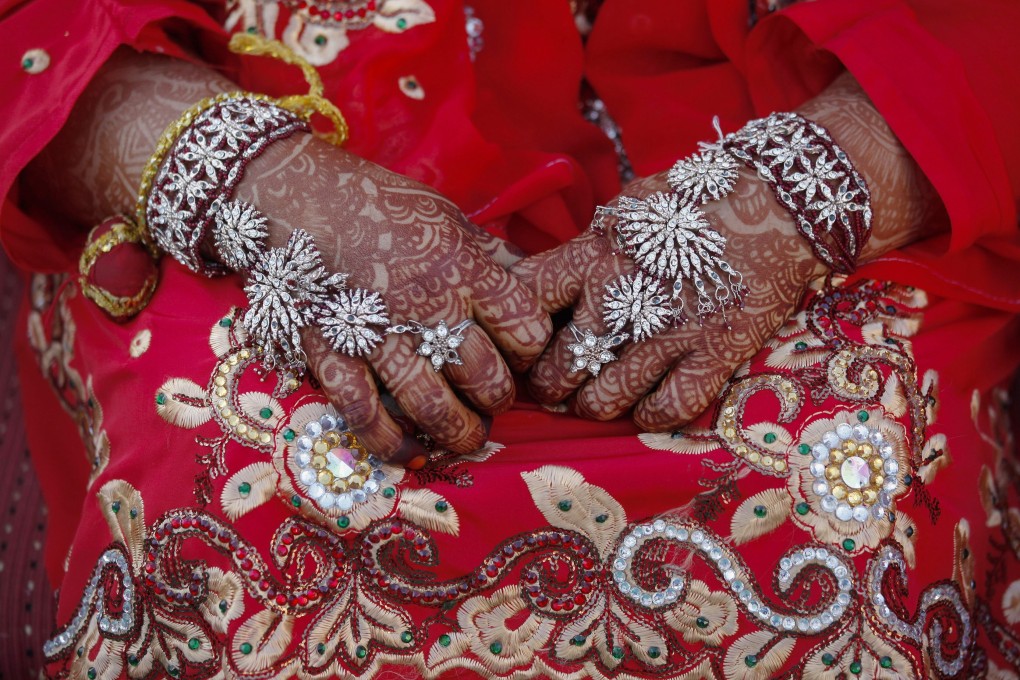Indian bride collapses and dies at wedding, groom marries her sister
- When bride Surabhi died at her wedding, both families decided to solemnise the marriage between the groom, Manoj Kumar, and the deceased’s younger sister, Nisha
- The incident in Uttar Pradesh sparked strong social media response, while experts say factors including patriarchy, caste rules and financial burden probably fuelled the tragedy

In a bizarre incident that has outraged and shocked Indians in equal measure, the sister of a bride who collapsed and died in the middle of her wedding ceremony was made to marry the groom in the northern state of Uttar Pradesh last week.
A doctor who rushed to check on the bride Surabhi pronounced her dead at the scene. But instead of the ceremony coming to a halt, both families decided to solemnise the marriage between the bridegroom, Manoj Kumar, and one of Surabhi’s younger sisters, Nisha.
“We did not know what to do in the situation. Both the families sat together and someone suggested that my younger sister Nisha should be married to the groom,” Surabhi’s brother Saurabh told news agency IANS. “The families discussed the matter and both agreed.”
The body of Surabhi was kept in a room while the marriage of Kumar with Nisha was held.
Surabhi’s uncle Ajab Singh said it was a “tough call” to make and the family had never witnessed such mixed emotions.
“The grief over her death and the happiness of the wedding has yet to sink in,” he added.
The episode made headlines nationally and went viral on social media, eliciting strong reactions from netizens.